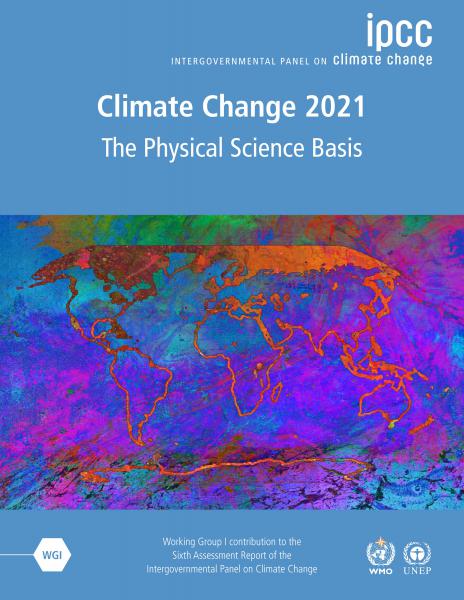With the heavy floods, the multiple (forest) fires or even the heat records that punctuated the news this summer, it seems useful and relevant to us to publish an article about the recent IPCC report.
Published on August 9, this document is in fact the 1st part of the 6th assessment report “Climate change: the scientific elements” (the other parts will be published in 2022) from the Intergovernmental Panel on Climate Change.
This report, nearly 4,000 pages long in its full version and whose writing began in 2017-2018, brings together the most recent and comprehensive scientific knowledge on the system and climate changes. The previous IPCC inventory dated from 2013-2014 and also included several parts which were published gradually.
Already very important from a scientific, (geo)political and economic point of view, the conclusions of this scientific publication will also be decisive for the forthcoming negotiations of COP26.
Alarm signal from the scientific community
It is not easy to summarize such a comprehensive document, but 3 alarming key findings can nevertheless be highlighted:

– Climate change is already affecting many extreme weather and climate phenomena (heat waves, heavy precipitations, droughts and tropical cyclones) and this, in all regions of the world.
– Their attribution to human influence has been reinforced since the previous report dating from 2013-2014 and manifests itself in a rapid and large-scale change of different components of the climate system (atmosphere, oceans, cryosphere and biosphere).
– The Earth’s surface temperature will continue to increase by 2050 under all scenarios considered. Global warming will exceed 1.5°C and 2°C during the 21st century, unless significant reductions in emissions of CO₂ and other greenhouse gases occur over the next decades.
Taking action as soon as possible
Limiting global warming to + 1.5°C will no longer be possible without an immediate and large-scale drop in CO2, methane and greenhouse gas emissions. Significant and lasting reduction efforts are therefore needed quickly. This would reduce the consequences of climate change and also improve air quality. It’s not too late to act!
Each ton emitted unfortunately contributes to global warming, so let us take, each and from now on, our responsibilities as well as concrete actions. As an individual, if you don’t know where to start, we invite you to simulate your carbon footprint.
And if you, as a company, industry or municipality, have questions about how to organize your own energy transition, contact us and our multidisciplinary team will be happy to guide you step by step.


